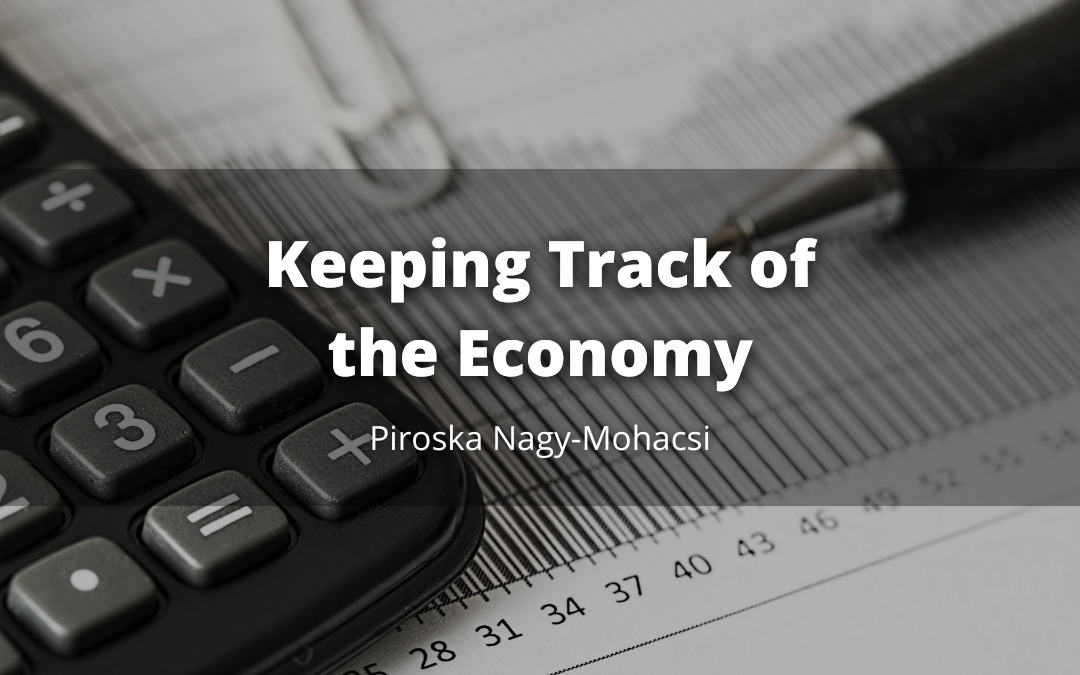Tracking the economy might seem overwhelming, but there are simple tools to help you. Understanding how the economy works can improve the way you invest. Economic cycles repeat, and the data necessary to assess these phases is at your disposal. Interest rates, consumer spending, and GDP are common pieces of economic data. Investors use this data to time the financial markets or determine the onset of a recession.
What is Economic Data
Economic data reflects the transactions that occur within a financial economy. These economies have businesses that produce goods and services while creating jobs. Jobs enable the people of an economy to earn. Their earnings turn into spending, which keeps all economic cycles and parts going. The sum of transactions within an economy is tracked; the more transactions, the better. Slowed or halted spending, instead, is evidence of something lacking in the system.
Agencies for Data Releases
Finding economic data is as easy as watching the news. The financial markets are always bursting forth new highs or most terrible lows. Some economic data is simply impossible not to find. As for a broader spectrum, the Bureau of Labor Statistics focuses on labor and wages in the US. The Bureau of Economic Analysis is much broader and offers economic indicators as optional tools. The Treasury Department tracks GDP.
Investment Markets
The financial markets, being tied to corporate, labor, and governmental markets, do reflect economic conditions. Prices that fall in the stock market, for example, show that investors are either dealing with recessionary conditions or lack confidence in the economy. They, therefore, lack confidence that stocks are a good investment. Institutional investors who lack confidence in the financial markets can trigger a wave of sell-offs with an entire economy caught in the troughs.
Timing the market, be it for investment or labor, is easier when you understand how the economy works. In essence, the sum of transactions in an economy is all interrelated. The connections aren’t always visible, but financial hits in one sector result in devastation in other sectors. Following economic data can ensure that no market conditions catch you off guard.
